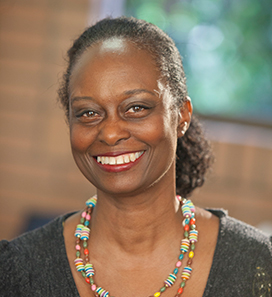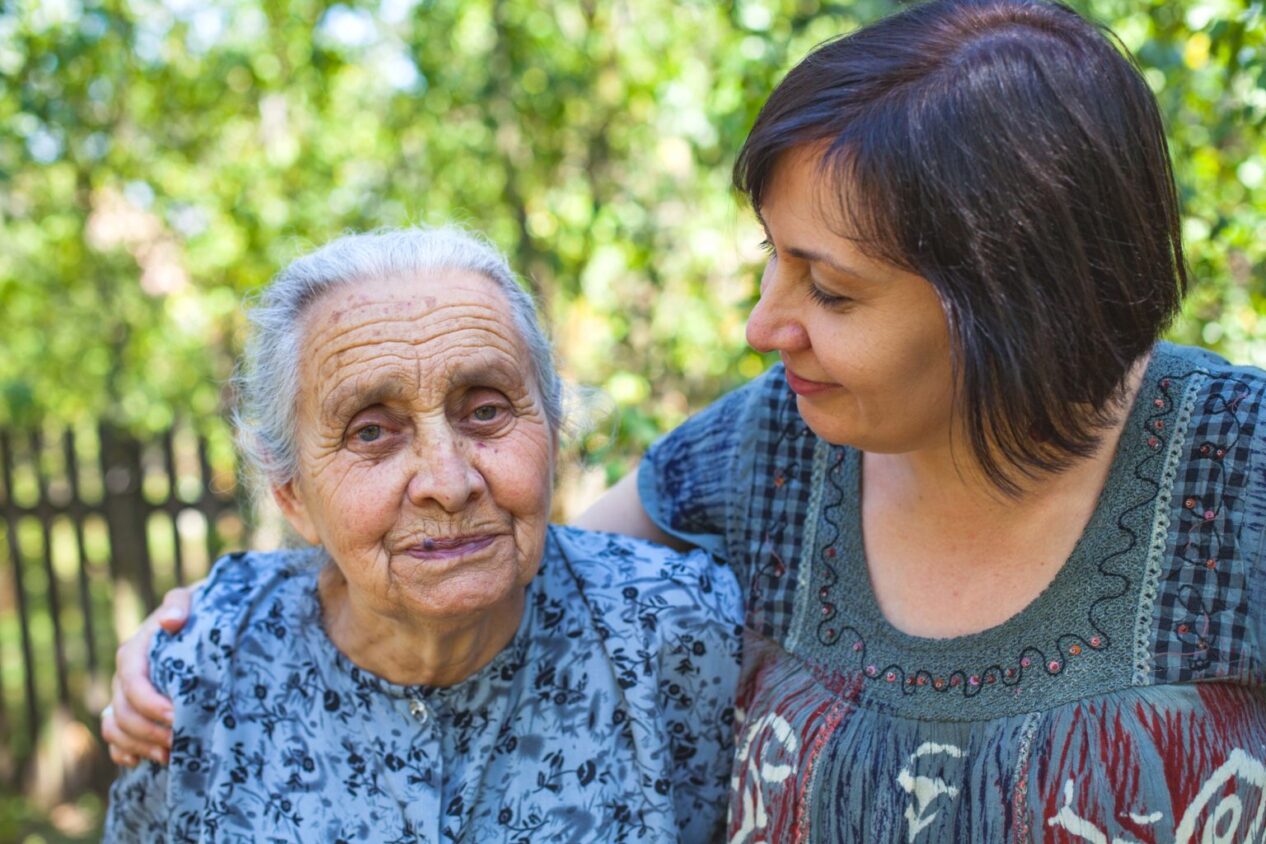
Donna Benton, director of the USC Family Caregiver Support Center
Editor’s note: Donna Benton is a research associate professor of gerontology and director of the USC Family Caregiver Support Center at the USC Leonard Davis School of Gerontology. The below is an excerpt from an article she authored for Generations, a journal of the American Society on Aging, which published in April 2021.
If the goal of care management is to provide quality of life through care planning that is congruent with the wishes of older adults, then models for care management need to proactively include the family caregiver when they are part of the older adults’ caring community. Family-centric care management improves outcomes and social networks that support older adults in the home. Policies and programs that successfully use a family and older adult care model will reduce healthcare costs, improve inclusion of diverse family values, and positively modify health disparities associated with diverse families of care.
Family caregivers play a vital role in the planning process for people who need care and support because of illness or disability. While the majority of care management for older adults emphasizes the individual as the primary decision maker, issues associated with equity, diversity, and inclusion indicate that a better fit for some older adults needing care management would be to use a family systems approach for decision-making. The word family evokes many images in a persons’ mind. How a family is formed can be by choice or birth. For this discussion, the term family caregiver will include people related by blood, kinship, or affinity. How someone becomes a family caregiver may be by choice, via unforeseen circumstances, or due to a gradual shift in responsibilities (Cordano, Johnson, and Kenney, 2016).
Family caregiving is so prevalent that often it is not recognized by society, nor by those providing the care. The estimated 40 million adults caring for someone older than 65 have been called “invisible” because family caregivers can be overlooked by the very systems that rely upon them to sustain the health and well-being of the nations’ older adult population with chronic health problems.
A 2020 report by AARP and the National Alliance for Caregiving (NAC) summarizes family caregivers’ critical role in society in the following way: “Yet in the aggregate, family caregivers—whether they be families of kin or families of choice—are woven into the fabric of America’s health, social, economic, and long-term services and supports (LTSS) systems. As the country continues to age, the need to support caregivers as the cornerstone of society will only become more and more important” (AARP and NAC, 2020). That support will need to include care managers who can assist with the navigation of complex systems of care. …





